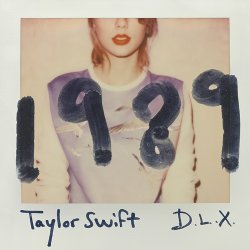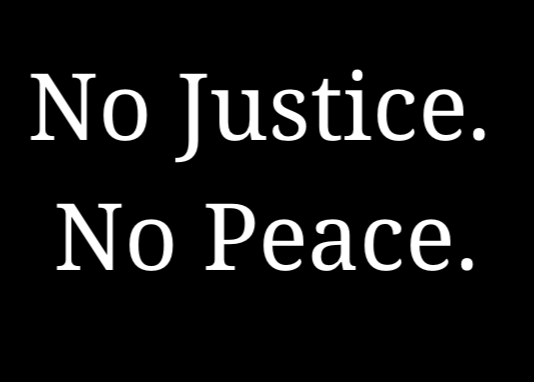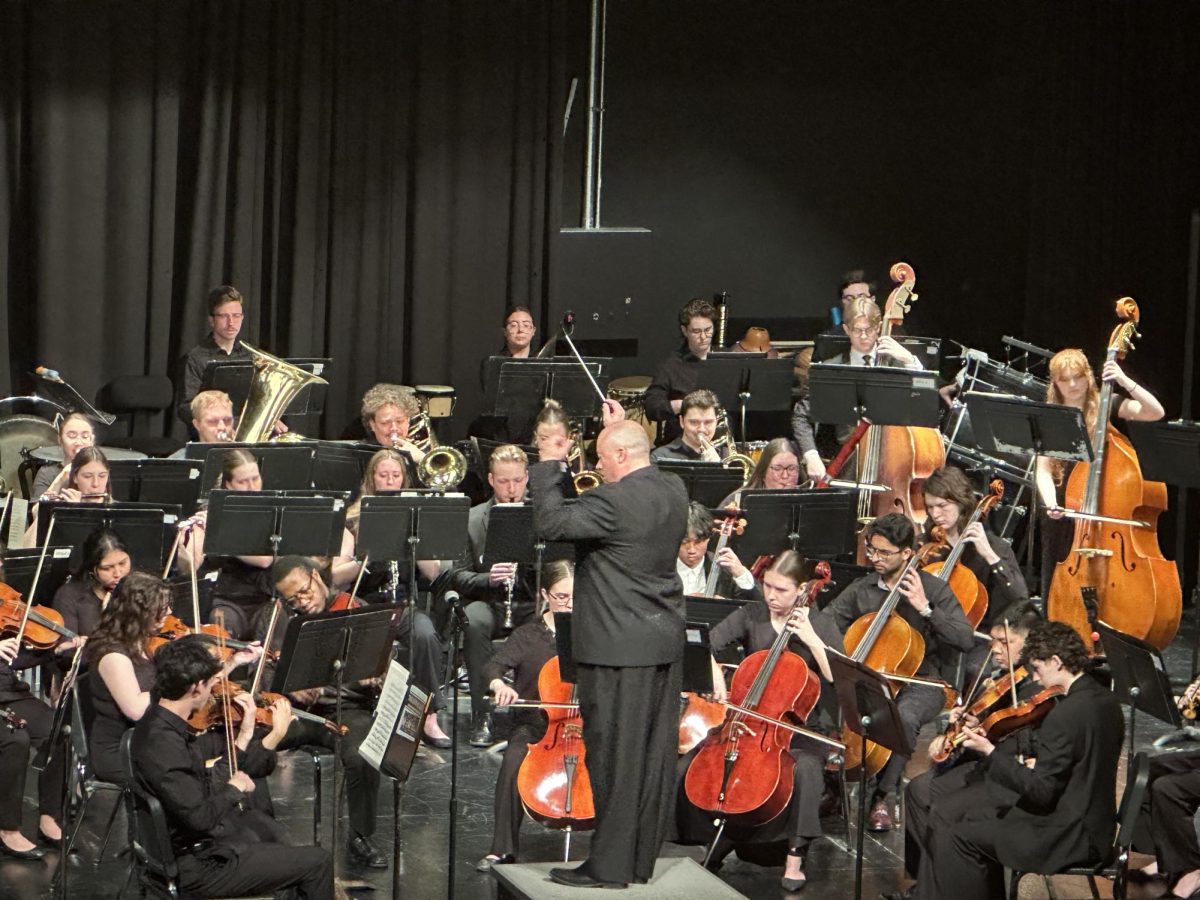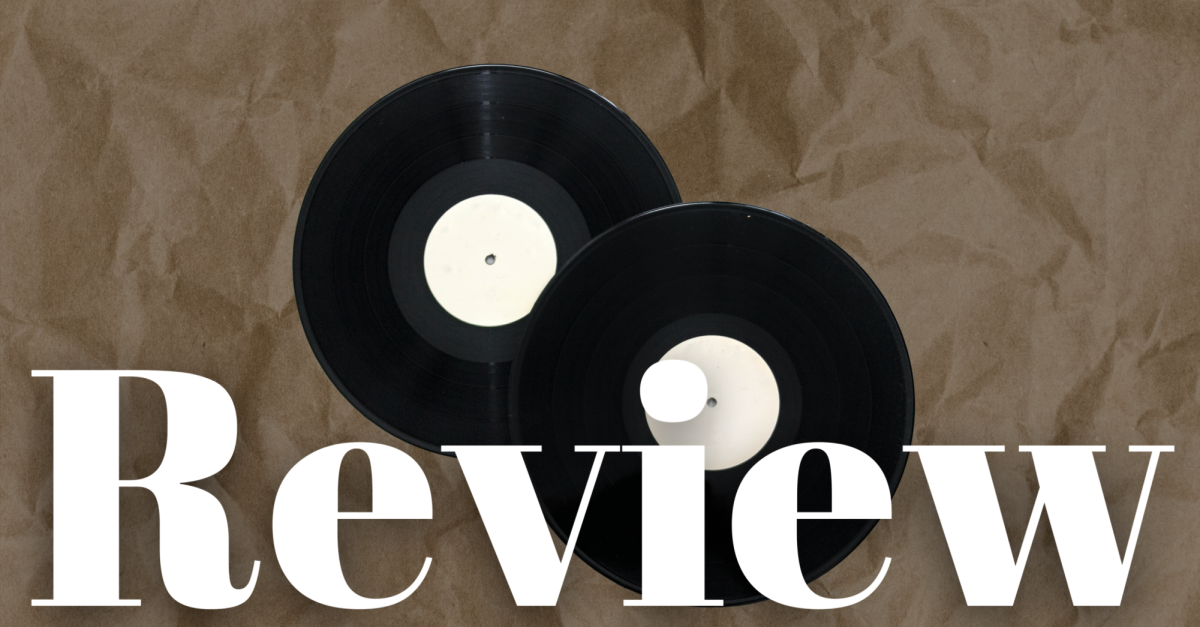
If you’re buying Taylor Swift’s new album “1989” thinking you’re going to get the same old Swift, a barefoot girl singing with a guitar around her neck, you might want to take a step back. Unlike her previous album “Red,” which skirted the line between country and pop, “1989” is solidly in the realm of pop music.
The album features some pretty significant leaps for the singer, both lyrically and tonally. And like with any dramatic reinvention, there’s a few missteps along the way. But despite the change, Swift has stuck with what she does best: diary-style lyrics which effectively meld her new sound with her endearingly honest songwriting.
Stylistically, this is the biggest jump we’ve seen from Swift yet. Doing away with the sweet innocence of her country roots and driven by pounding bass lines and roaring synth beats, the songs on “1989” stray far enough away from what people have come to expect from Swift to make this album a substantial turning point in her career.
Swift’s trademark acoustic guitar is notably absent except to add needed texture to otherwise synth-heavy tracks. And tracks like “All You Had to Do Was Stay” and “I Wish You Would,” which seem too fast and immature to sound really like “Taylor Swift songs,” and “I Know Places,” which could benefit greatly from a lower key, highlight Swift’s biggest stretches which fall short of the mark. The entire albums suffers, in some places more than others, from the heavy-handed use of synth and electronics.
But “1989’s” throughline, what Swift can and should fall back on, is that she writes simply about singular, emotional moments in her life. “1989” is not a track-by-track record through Swift’s relationships to be taken as a whole. In fact, it is in each individual song that you can feel the weight of those moments of emotions; the frustration and antagonism in “Bad Blood,” the longing in “Wildest Dreams” and the relief in “Clean.” Crucially, these songs do not exist on a continuum with each other, but instead show how deftly Swift can convey the essence of the singularities that happen in a person’s life. And all wrapped around a catchy hook.
In “1989” Swift sticks with her confessional songwriting, something she has (possibly unfairly) taken heat for in the past. But here, the songs and the lyrics are bigger, more universal, less about “sticking it” to her exes and more about relating common truths or lessons learned to her listeners.
Swift’s new sound has already proven to be divisive among listeners. But even as her songs are thrown into the midst of the rest of the vapid, bubblegum-pop menagerie, the genuineness and honesty that she has carried with her since first appearing on the scene eight years ago still shines bright.






